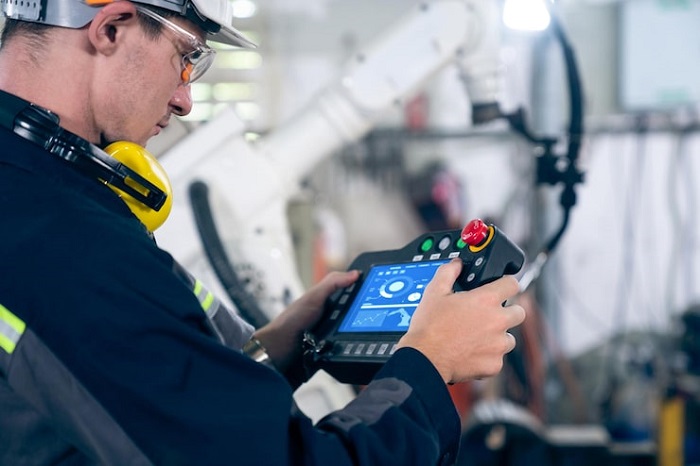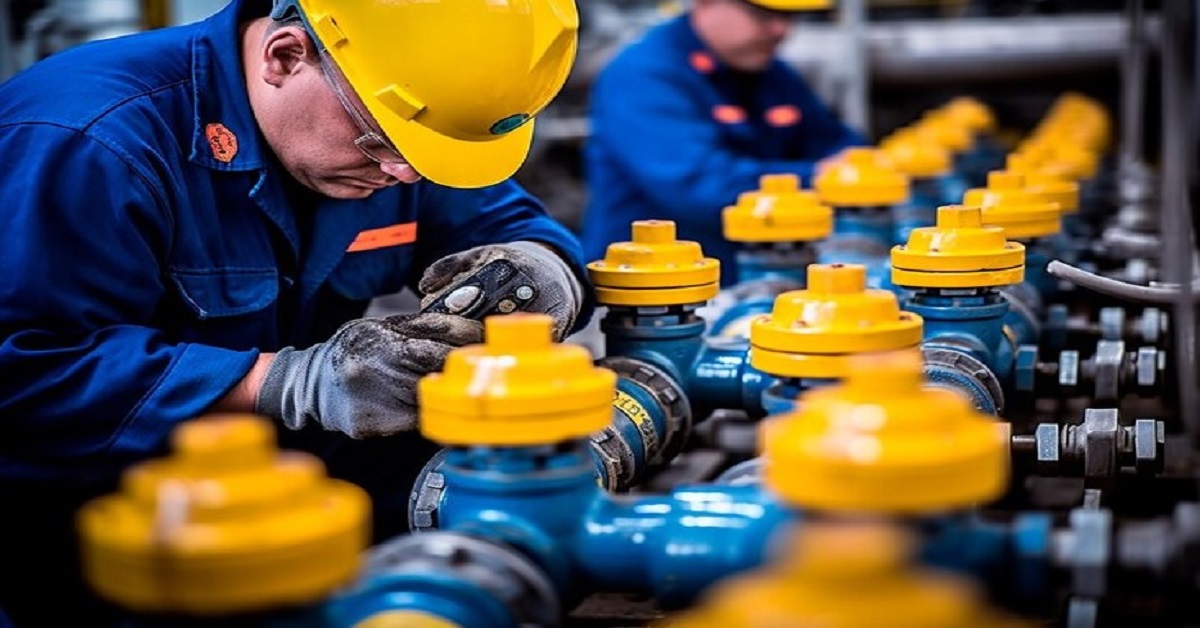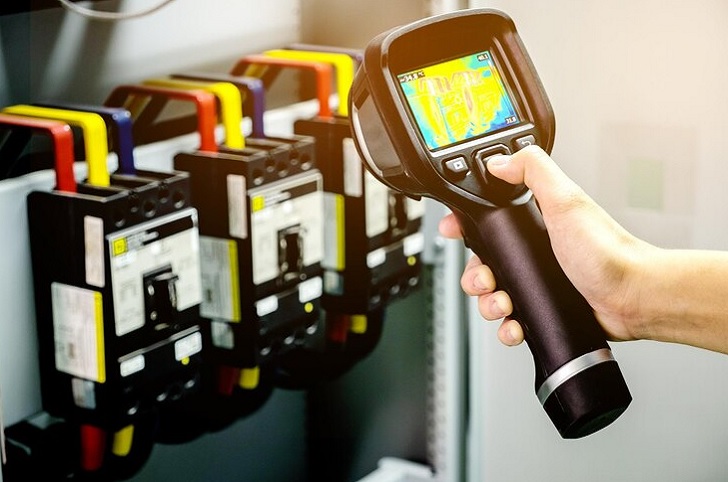In the fast-paced world of industrial operations, accuracy, consistency, and safety are key to success. One of the most crucial factors in maintaining these standards is temperature monitoring. From manufacturing plants and oil refineries to power stations and heavy machinery, temperature control ensures equipment reliability, product quality, and operational safety. That’s where heavy-duty temperature sensors come into play. These sensors are designed to withstand extreme conditions while providing precise and real-time temperature readings essential for smooth industrial performance.
Understanding Heavy-Duty Temperature Sensors
Heavy-duty temperature sensors are advanced devices built to endure tough industrial environments such as high heat, vibration, moisture, and pressure. Unlike standard temperature sensors, they are engineered using durable materials like stainless steel, thermocouples, and advanced insulation technologies. These features make them reliable in challenging conditions where accuracy and resilience are non-negotiable.
The primary purpose of these sensors is to monitor temperature changes in equipment and processes. By doing so, they help prevent overheating, detect potential faults, and optimize energy usage. In industries where even a small deviation in temperature can cause system failures or safety risks, heavy-duty temperature sensors act as an early warning system, ensuring uninterrupted operations.
Applications Across Various Industries
Heavy-duty temperature sensors are used in a wide range of sectors due to their versatility and durability. In the manufacturing industry, they play a key role in monitoring furnaces, motors, and conveyor systems. Power plants rely on them to track boiler and turbine temperatures for efficiency and safety. Oil and gas facilities use these sensors in drilling and refining operations, where extreme temperatures are common.
In the automotive industry, they are essential for monitoring engines, exhaust systems, and testing environments. Food and beverage manufacturing also benefits from them to ensure proper temperature control during processing and storage, ensuring compliance with safety standards.
Key Features and Benefits
The most significant advantage of heavy-duty temperature sensors is their ability to deliver accurate readings in extreme conditions. They can operate effectively in both very high and very low temperatures, providing reliability in critical industrial applications.
Some of their main features include:
Durable construction: Built with corrosion-resistant materials for long-term use.
High accuracy: Delivers precise measurements even in fluctuating conditions.
Wide temperature range: Suitable for diverse industrial environments.
Resistance to vibration and pressure: Ensures consistent performance under mechanical stress.
Easy integration: Compatible with modern monitoring and control systems.
These features lead to several benefits — reduced downtime, improved efficiency, enhanced safety, and better predictive maintenance. By continuously monitoring temperature variations, these sensors help operators detect irregularities before they lead to costly breakdowns.
Why Industries Prefer Heavy-Duty Sensors
Industrial operations depend on reliability, and standard sensors often fail under harsh conditions. Heavy-duty sensors, however, are designed to last longer and perform better under stress. They help companies avoid unexpected halts, protect valuable equipment, and extend machinery lifespan.
Additionally, they contribute to energy optimization by ensuring systems operate within the correct temperature range. This not only saves energy but also supports sustainable and environmentally responsible operations.
Choosing the Right Heavy-Duty Temperature Sensor
Selecting the right sensor depends on factors such as the operating environment, required temperature range, and response time. Companies should choose sensors that are tested for industrial use, comply with safety standards, and offer easy installation and maintenance.
Partnering with a trusted provider ensures you get sensors that meet your specific operational needs while delivering maximum reliability and performance.
Conclusion
In conclusion, heavy-duty temperature sensors are essential for industries that rely on precision, durability, and safety. Their robust design and advanced functionality make them indispensable in maintaining efficient and secure industrial processes. By investing in high-quality sensors, businesses can prevent equipment failure, reduce maintenance costs, and ensure long-term productivity.
For industries seeking reliable solutions, Semeq provides state-of-the-art heavy-duty temperature sensors designed to meet the toughest industrial demands. With Semeq’s expertise and innovative technology, you can ensure accuracy, safety, and reliability in every operation




